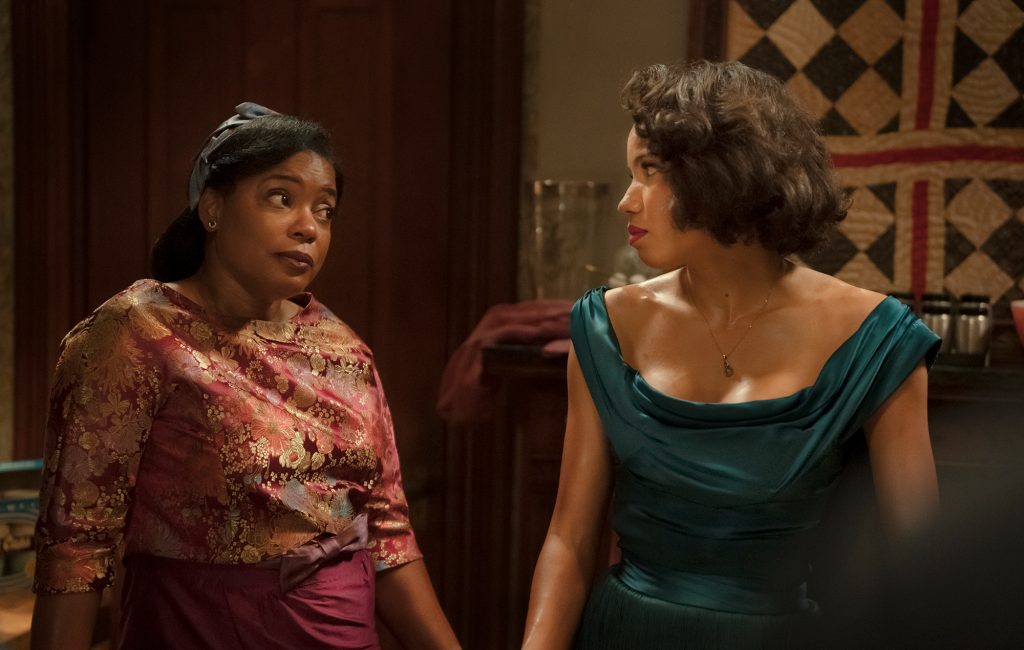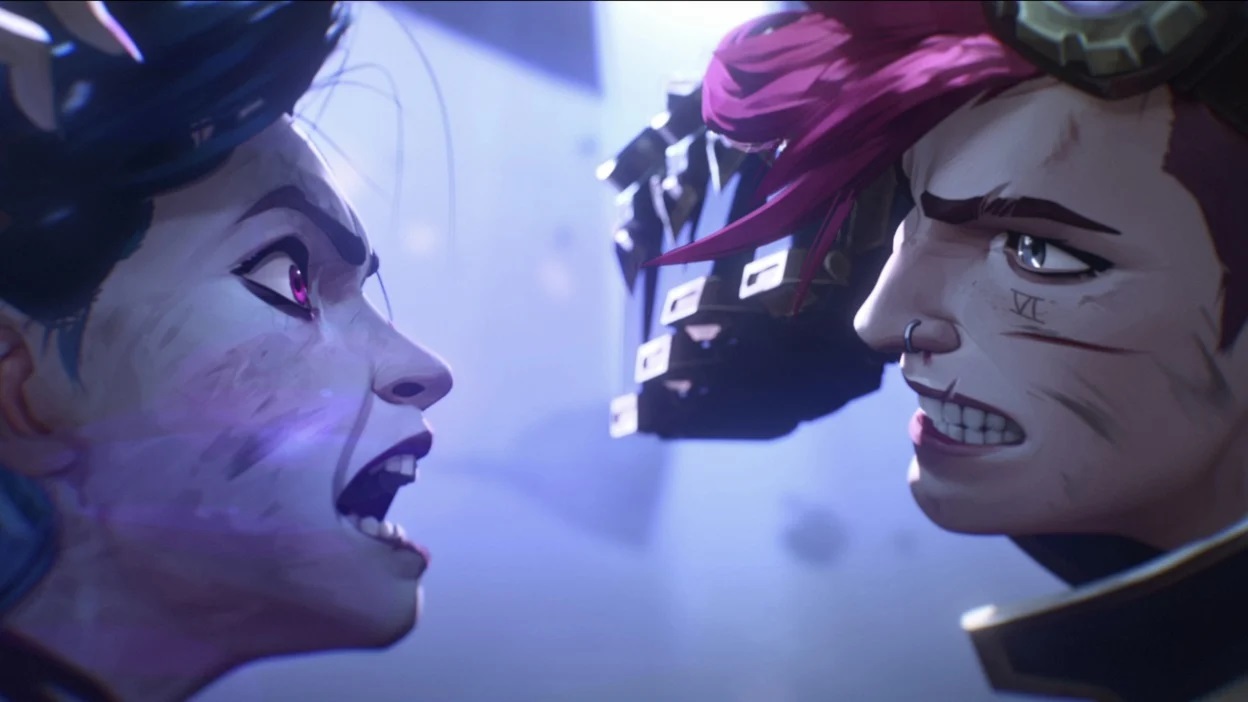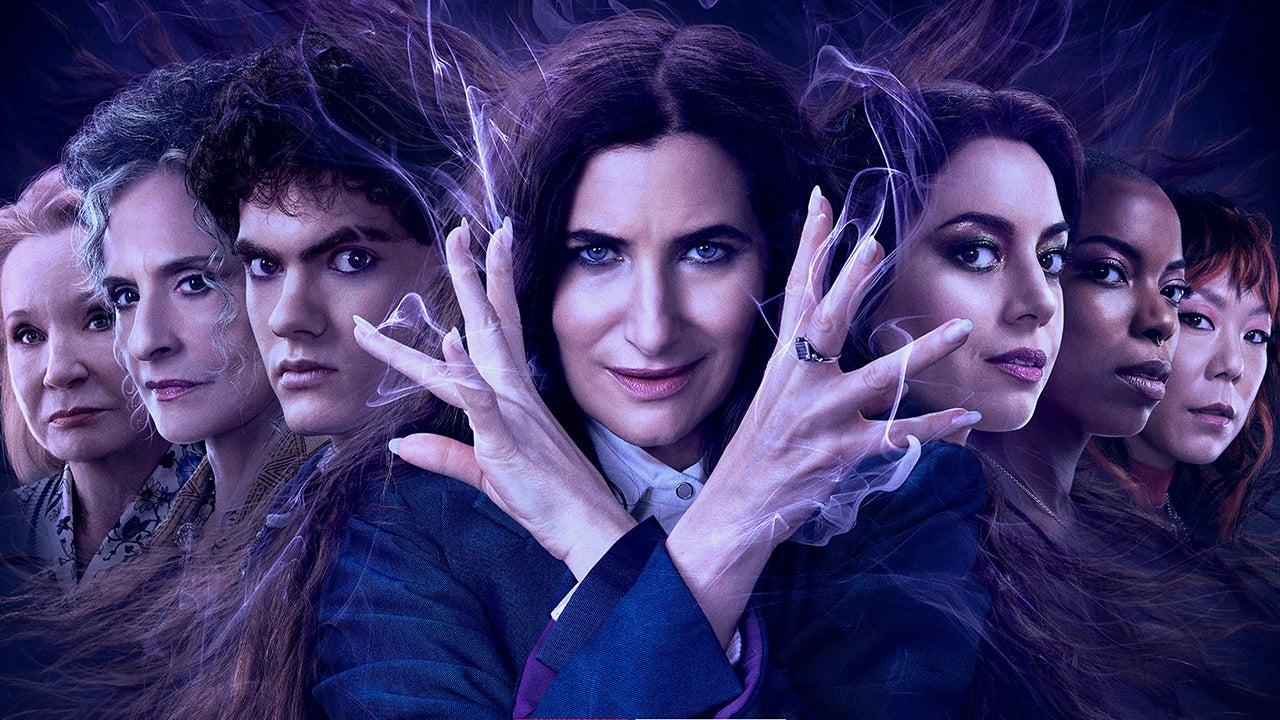Based on the name, you might expect to see more of the eldritch horrors of H.P. Lovecraft in Lovecraft Country. While there are plenty of Lovecraftian elements in the series, from secretive cults to terrifying monsters called shoggoths, the series takes its name based not only on Lovecraft’s stories, but also his noted racist views. The series sheds a light on intense discrimination in the Jim Crow era. It’s one of the latest black-centric forays into horror, following in the footsteps of Get Out and Us, both of them directed by Jordan Peele, who serves as an executive producer for the show.
Atticus ‘Tic’ Freeman (Jonathan Majors), a Korean War veteran and an avid reader of pulpy science fiction and horror, sets off a cross country trip with his uncle George (Courtney B. Vance) and childhood friend Letitia Lewis (Jurnee Smollett) to find his missing father, Montrose (Michael K. Williams). On the way, they run into several racist cops and have to flee a ‘sundown’ town where non-whites aren’t allowed after sunset. They soon find themselves running into a cult of magicians called the Sons of Adam and a cadre of terrifying monsters under their control. What follows is an episodic narrative that focuses on the characters one at a time while also progressing the overall plot, all the while highlighting the regular injustices faced by Black Americans of the time.
Lovecraft Country feels fresh and relevant, confidently building a narrative around a core group of characters who are all flawed to some extent.
Even the antagonist, Christina Braithwaite (Abbey Lee) is also portrayed in a nuanced manner. In fact, the female characters in Lovecraft Country take charge of their fates and are unapologetic about it. The only exception is, perhaps, Ji-Ah (Jamie Chung), who nevertheless grapples with her circumstances, especially when she starts to fall for Tic during the Korean War.
With Ruby (Wunmi Mosaku), the show explores the wistful fantasy of changing one’s skin and escaping oppression, and how someone can be tempted by the promise of such prospects. The standout episode of the season is also centered around a woman, Hippolyta (Aunjanue Ellis), who rediscovers her purpose and identity as she becomes stranded in the multiverse.

Lovecraft Country, the show, is significantly different from the novel of the same name. Adapted by Misha Green, it is keenly aware of the racial injustices of the time (and also of the kind that still persist to this day), upping the involvement of white antagonists who are openly disdainful of the core characters. While this does work on the surface level, it does raise the idea that perhaps the show is ticking off items from a list rather than making a pertinent point about the matter.
Lovecraft Country even takes a time travel trip to the Tulsa massacre, which was touched on by the Watchmen mini-series last year, and builds an earlier episode around the aftermath of the murder of Emmett Till. Granted, there’s a clever allusion to how white allies sometimes try to understand the perspective of oppressed blacks, where Christina literally tries to replicate Emmett Till’s death herself, but it’s a hollow gesture as she was protected by magic, whereas Till wasn’t as fortunate. The show also features and celebrates queerness, though there’s a problematic subtext with Montrose, a closeted, self-hating gay man, murdering Yahima, a native American Two Spirits person who was both male and female.
By the time the season ends, it does seem that Lovecraft Country has squandered some of its earlier promise. Some of the resolutions, such as Leti sealing off whites from access to magic forever, feels like the kind of reparative justice some enraged black individuals advocate for. It’s also the kind of vitriol that makes some white allies uneasy and white supremacists to raise cries about ‘white genocide’. The show doubles down on this bent, ending with Diana, George’s daughter, finding a weakened Christina and crushing her neck with a new robot arm.
Still, Lovecraft Country has plenty of amazing moments that makes sticking through the ten episodes worthwhile.
It is an important piece of pop culture despite its flaws. It vies for lofty, even profound storytelling, and falls just short of greatness. Seeing as the show has concluded the book’s storyline, it is unlikely there will be a second season. That is disappointing, because a second season might have allowed the showrunner and writers to fix the first season’s shortcomings. As good as prestige television has gotten in the last few years, HBO has continued to be a standard bearer with its engaging original content, and Lovecraft Country is definitely another feather in their cap.







